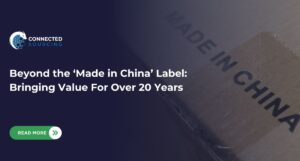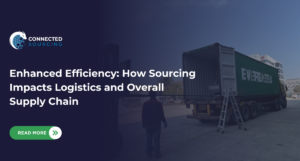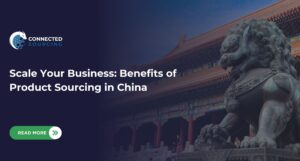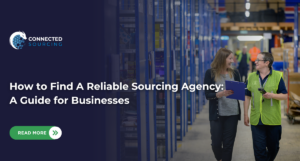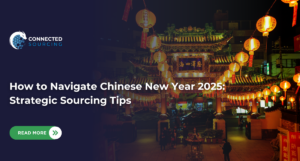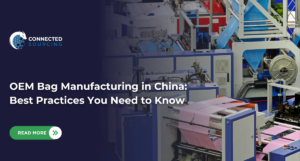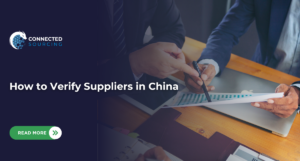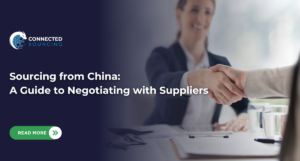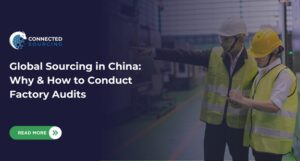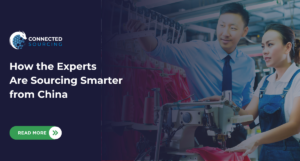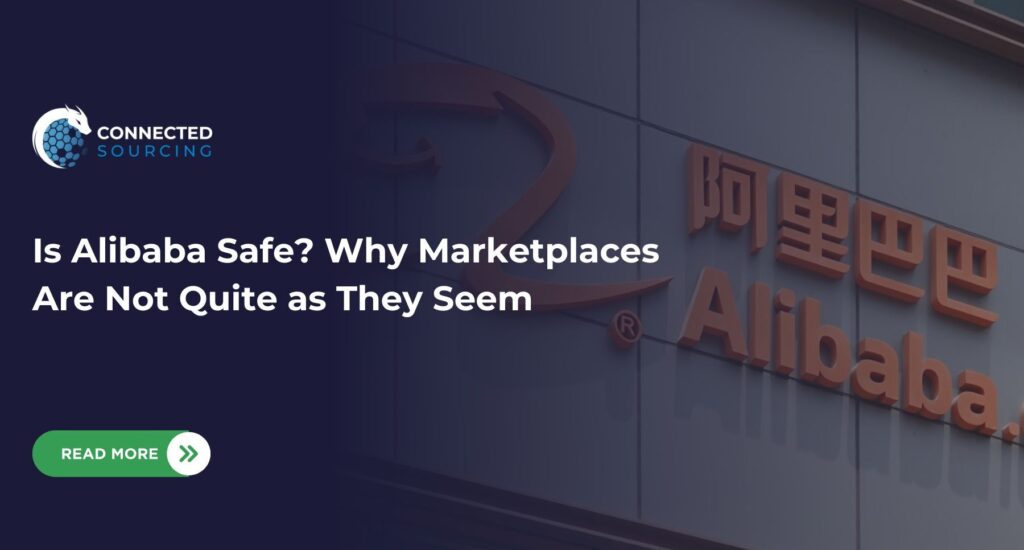
Is Alibaba safe for customers searching for suppliers? On the surface sourcing from China has been made more accessible to all thanks to various online platforms. If you’re building a new house and want to save money on your garden furniture, just head to Alibaba.com, and in a few clicks, that table and chairs will be yours for a fraction of the price.
It’s as easy as that, right? Well, this is what they want you to believe. In reality, there are a lot of layers that lead to a lack of transparency that you probably aren’t aware of. For businesses looking to either develop new products or place large orders, there are plenty of issues you will have to contend with.
But what are the challenges you may encounter when procuring products on online marketplaces? Here are four possible disadvantages of making purchases on e-commerce.
1. It’s Difficult to Truly Understand If Sellers Are Legit
A lack of transparency is one of the biggest issues with online marketplaces and this arises because you aren’t actually liaising with Alibaba. The suppliers you deal with are third parties, who generally aren’t held to account by the site.
In fact, Alibaba does not require any seller credentials, they only really care about suppliers being able to fulfil large orders on a consistent basis. This lack of governance means that these types of platforms have quickly become the wild west, with potential suppliers on Alibaba going to great lengths to try and win your business.
We’ve all heard the stories of agents/trading companies pretending to be factories, and small factories pretending to be large factories. These cases can make buyers extremely wary of whether to fully trust sellers and place an order, especially if they’re looking to purchase bulk orders on the Alibaba website.
2. Finding the Right Alibaba Supplier Can Be Overwhelming
Anyone who has spent more than 5 minutes browsing a product category will know that it is very difficult to sort through the options available. The sheer volume of factories producing similar items makes it hard to filter out and narrow down on the more suitable supplier for your needs. To the untrained eye, they all look the same and quickly all the emails and notifications become overwhelming.
The best way to get around this is by shortlisting a few options, and then picking up the phone and speaking with the factory’s sales team directly. This will quickly help you to figure out whether the supplier can fulfill your needs and meet your demands.
Another thing you can do is to verify whether the supplier is safe and legit. Alibaba offers ways to show the reputation of an ecommerce business through certifications, badges, reviews, and more. These features can prevent scams from happening so you can safely buy products and place your order without too many worries.
3. Without Site Visits It Is Impossible to Be Sure of Working Conditions
Before making deals with a supplier, it’d be nice and ideal to have site visits. Factors like factories’ cleanliness, and how they treat their workforce can affect your decision on whether to take them on as your supplier.
Unfortunately, factories can vary wildly in their standards, both in the treatment of their workers and in the cleanliness of their factory floors. It is always best to visit a supplier’s premises to be confident in the partner you wish to go into business with. The only way to be really sure of this is to visit the factory floor.
While online marketplaces offer a great way for businesses to thrive, they can also come with a certain degree of risk. Without being able to visit the workplace and ensure that the working conditions are up to the standards, it can be difficult to guarantee that the company is in compliance with the applicable laws and regulations.
Moreover, this could pose a challenge and negatively affect your brand’s reputation if it’s found out that you’re sourcing from suppliers with a questionable or controversial working environment.
4. It’s Difficult to Get an Accurate Understanding of the Price
The prices shown on marketplaces tend to be fairly inaccurate. Suppliers are competing for your business, so they’ll display artificially low prices to grab your attention.
However, they then recoup their margin at a later date through a variety of tactics that inexperienced buyers will not anticipate. One example of this is a last-minute increase in the price of raw materials by the factory.
Secondly, suppliers often display their prices in a range that relates to order size. The larger the order, the lower the price, etc. – which implies there is always room for negotiation.
Thirdly, the prices shown on the platforms don’t factor in the true cost of distribution, and they can’t. Container prices vary from week to week, and factories will not embed the customs and duties costs incurred in your home country.
The supplier is concerned about fulfilling your order and getting them out their door, and less worried about how exactly you are going to get it imported and delivered to your warehouse. This can pose an issue when it’s time to talk about the payment terms and shipping procedure if not resolved early in the deal.
Finding the Best Supplier for Your Business
Choosing the wrong supplier can be detrimental to your business, affecting both your resources and time. Regardless of where your business decides to source your products, it’s important to find suppliers that will offer quality products while limiting order defects.
Though you won’t be able to fully gauge a supplier until you’ve worked with them, there are certain qualities that can help you decide if it’s worth working for them in the future.
- Accountable – A great supplier is accountable and takes responsibility when mistakes are made in orders. They initiate to take further steps to address these issues immediately to make sure that you receive quality products without defects.
- Capable – Suppliers should be able to deliver on what they’ve promised. If they claim to produce the said product and quantity, they should be able to do so while also making sure to get them delivered on the set deadline.
- Responsive – One important factor to consider before deciding on a supplier is how responsive they are to your inquiries. Easy communication will allow both parties to deal with any sourcing issues like delays and non-compliance, giving them enough time to sort these out immediately.
Buying From Alibaba Safely
It can be tempting to source from online marketplaces such as Alibaba, given how easily accessible and convenient their platforms are. However, it’s also important to be aware of the potential risks and challenges that come with it.
By considering these risks and taking time to thoroughly research legit suppliers, your business can prevent getting scammed on Alibaba thus, saving your company lots of time and resources along the way.


